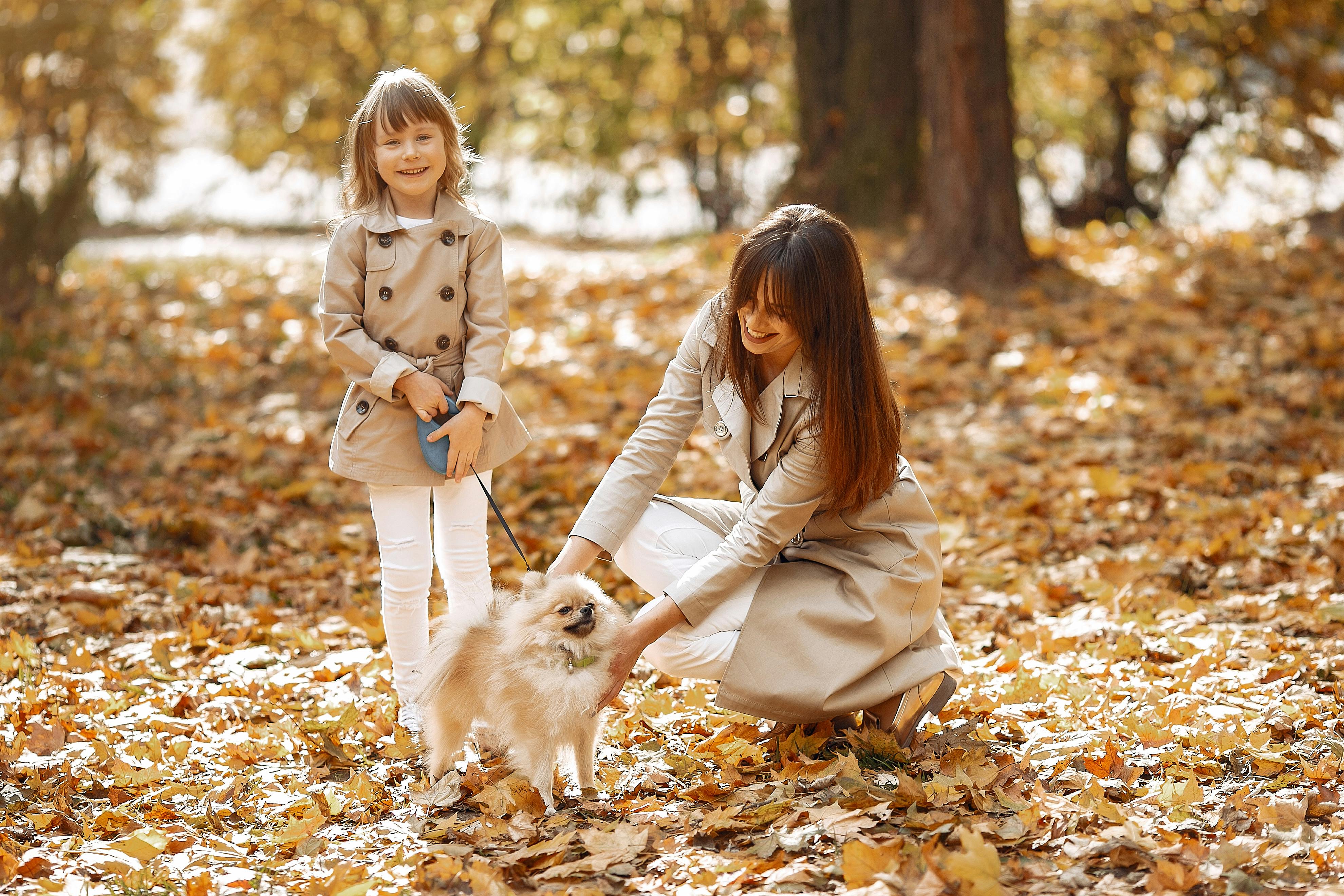
15 things to know before buying a Maine Coon kitten
The only way to be 100% sure of getting a verified purebred Maine Coon cat is to purchase a pedigree kitten from a breeder. The breeder must be able to present a family tree of their cat’s pedigree and provide the corresponding certification.
A recommended place to start your search for a reputable breeder in your local area is the “Maine Coon Fanciers’ Association” (www.mcbfa.org). Maine Coon kittens can be instantly recognized by their long, bushy ears and oversized paws, as seen on the classic American Longhair; however, there is a European variety of Maine Coon (my own Maine Coon, King Henry comes from a German line) that has a shorter ruff around the neck and often a squarer, fuller muzzle. The differences are not apparent until the cat is between 12 and 18 months old.
In terms of identifying a “pure” Maine Coon pedigree, you will rely quite a bit on the information the breeder presents to you. If you are having difficulty finding a reputable breeder, you can try to get a recommendation by talking to people at a local event or “all breeds” cat show. It is essential that you are satisfied with your breeder – if you are becoming a Maine Coon owner for the first time, you may need to rely on the advice of their experts.
You can expect to pay anywhere from $500 to $800 for a purebred Maine Coon. With food, litter, vet bills, and babysitters for the holidays, Maine Coons can be a relatively expensive investment. All owners will agree that they are a truly wonderful breed and will pay you back many times over.
TOP TIP: This could save you a lot of headaches, trouble, and expense later on; When buying an expensive pet, don’t go for the kitty you feel sorry for and seem to need help with. Any kitten with signs of withdrawal, low energy, or general listlessness really should be avoided. Choose an independent, lively and energetic kitten. Choose kittens that don’t necessarily come to you but are nonetheless interested in their surroundings.
It is best to choose a local breeder and visit them at home when making your initial inquiries to check on the kitten’s living conditions, health and well-being of all cats living in the same environment.
Although it sounds like common sense, have questions prepared that will help you establish if the breeder can be trusted.
Questions you definitely want to ask:
1. How much experience does the breeder have? If you need reassurance about the breeder’s ability/experience, ask to speak to someone who has recently purchased a Maine Coon from that breeder.
2. Who are the parents of the kittens and are they champions? Even if you don’t intend to show your cat, you’ll want to know its pedigree. That’s what you’re paying for. If this isn’t important, you can sometimes find cheaper Maine Coons that are called “pet quality,” meaning they don’t meet the physical standards required for showing. This does not mean that they are not perfectly healthy.
3. Does the stallion live with the breeder? If not, can the breeder guarantee that the stallion has not been subject to any disease, eg cat flu? Has the breeder bred the stallion before?
4. Are there known hereditary diseases in the ancestral line such as HCM (can cause heart failure) and hip problems?
5. Have any of the other cats had any illnesses, for example, have any recent litters had any strains of cat flu?
6. If relevant to your situation, ask if the kitten is comfortable around other animals and children.
7. At what point the kittens might leave their mother (I would be concerned if the breeder would allow the kitten to leave its mother if it is less than 12 weeks old).
8. Will a veterinarian check the kittens before they leave the breeder’s home? How often? If the Maine Coon gets sick after leaving the breeder, who is responsible for paying the vet’s fees or could the kitten be returned to the breeder?
9. You will also want to find out how often the queen is impregnated; because a queen subjected to “too regular” pregnancies may be prone to producing weak or sickly kittens.
Other things you may want to check/do:
10. The living conditions of the stallion and queens, for example, the cleanliness of the cages/rooms and the health/welfare of the cat, etc.
11. Will the cats be house trained before moving into their new homes?
12. Also, the environment where the mother and the kittens live. Are there toys, cat litter, warmth, food, and water?
13. Check the kitten’s eyes to assess their health. Never buy a kitten that has watery eyes.
14. The breeder’s contract. Read the written agreement before committing. Pay special attention to areas of responsibility in case the kitten gets sick soon after you buy it.
15. You should book your new kitten for a full checkup with your own vet almost as soon as you pick him up from the breeder. If there are any signs of trouble, you’ll want to know within the first 24 hours.
In general, Maine Coon breeders are passionate about their cats and love what they do. There isn’t a lot of money to be made raising Maine Coons, and it’s a very demanding job.
Unless your gut tells you otherwise, you can expect to speak with breeders who are totally dedicated Maine Coon lovers.
Copyright 2006 Sarah Crosier